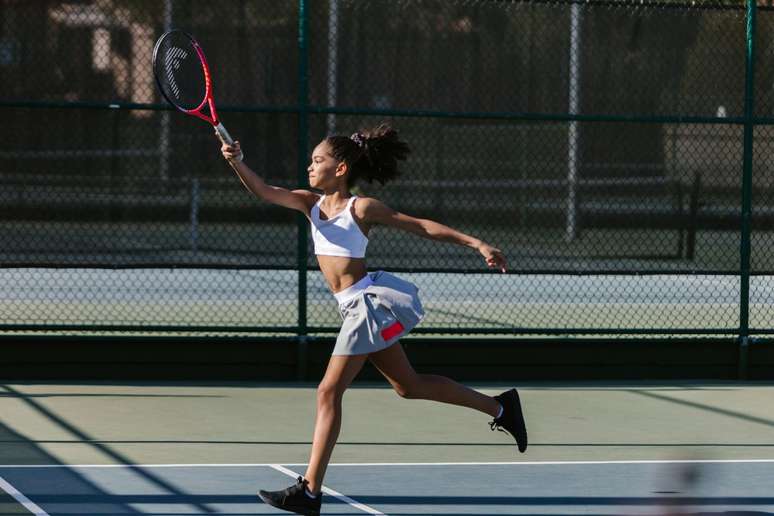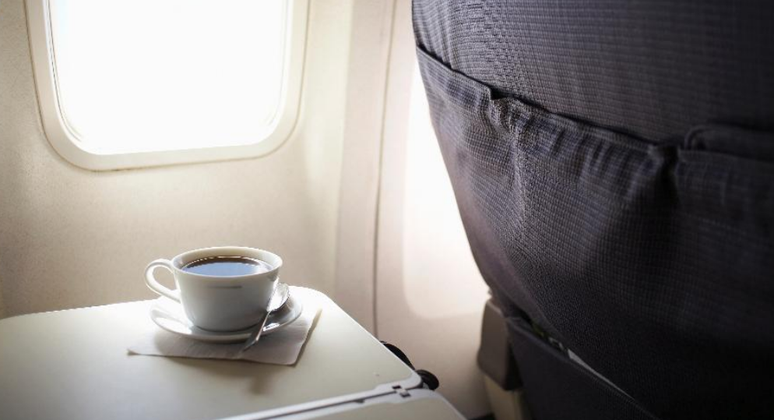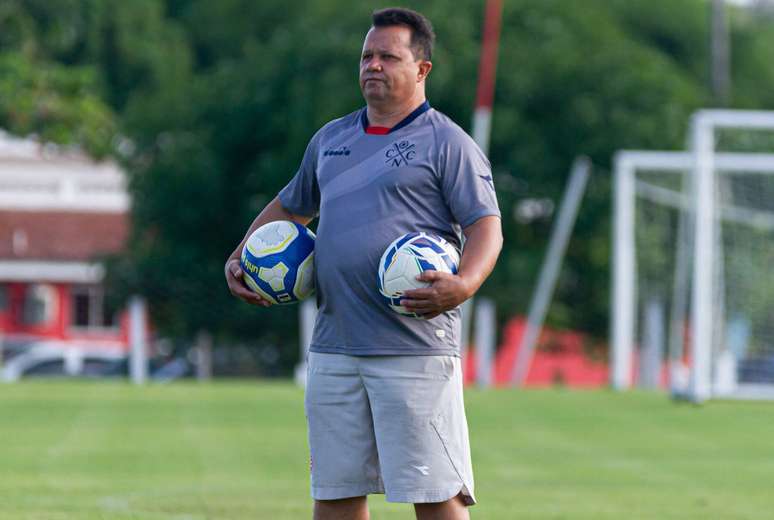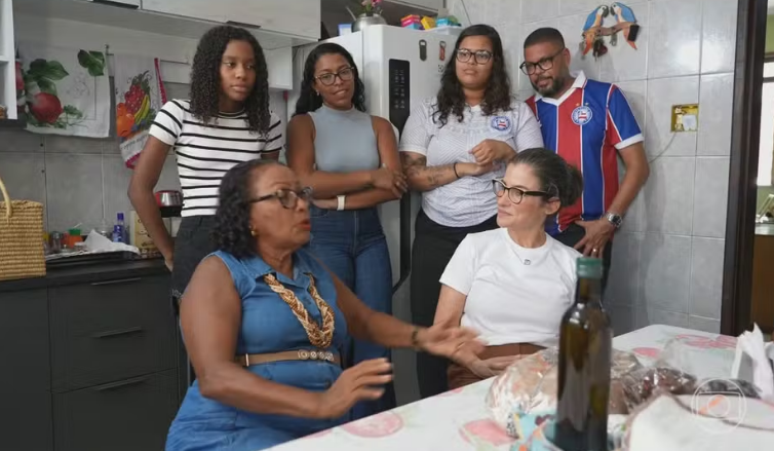MALU spoke with an athlete preparation specialist to understand this issue. In Brazil it is common to see athletes who started their career very young, in small clubs. They then face various difficulties before finally becoming stars. Indeed, this is the story of the vast majority of sports professionals, be it football, basketball, etc. […]
MALU spoke with a specialist in athlete training to understand this issue
In Brazil it is common to see athletes who started their careers very young, in small clubs. They then face various difficulties before finally becoming stars. Indeed, this is the story of the vast majority of sports professionals, be it football, basketball, volleyball, athletics, etc.
A classic example is the player Neymar, recognized throughout the world. The footballer began his career in the youth team of Portuguesa Santista, in 1998, at the age of six. He was transferred to Santos in 2003, at the age of 11, when he was already attracting the attention of coaches. At 17 he was promoted to the first team and considered the greatest revelation of the Campeonato Paulista.
Neymar is a phenomenon and his career is meteoric. For boys and girls seeking recognition the path is more difficult. And that’s when the question arises, for both parents and children: what is the correct or ideal age to start professional sports? And how to do it?
According to Walter Junior, specialist in the selection of athletes and president of the Futebol Clube of São Paulo, the practice of professional sport concerns the formal contract, that is, when a young person takes on a financial commitment formalized and regulated by the courts. However, he says some athletes start preparing for professional goals long before they have their dream contract in hand.
Child athletes: what does the law say?
Today in Brazil the legislation says that upon turning sixteen the athlete, together with the club, can sign a professional contract. But the intention, the professional attitude, happens much earlier. “There are eleven-year-olds who already have a routine in clubs that is a professional routine, obviously supported by the club and their parents,” Walter points out.
“It is the parents who are committed to taking them to training and the club, through good professionals, offers activities suited to their age, but they have a philosophy, an attitude and a commitment that is already professional. There is a good side, in terms of discipline, seriousness, and maybe there is the downside of losing a bit of childhood, not playing as much as other children, but I think it is still a choice, in legal terms, only at the age of sixteen can an athlete sign a professional contract,” he explains.
The dream of parents or children?
As for the question, Walter says that the large number of young people and children seeking football as a professional career is linked to cultural factors. “In Brazil, out of ten children who want to become athletes, nine want to become footballers. Personally I think it is part of our culture. Adults follow football, they like football, many because they practiced it on a recreational level, others because they practiced it recreationally. professional level, others because they like playing naked with their friends or cheering for their team. So, I think it passes from father to son and that it is the child who has this desire, especially because they have social media, where they can see the players.”, he says.
How do young athletes reach clubs?
Walter explains that both companies manage to find young athletes, through the famous sieves, and the parents themselves are looking for an opportunity for their children. “In large traditional clubs, parents or entrepreneurs introduce their children or clients to the club and sometimes open the doors, receive them here to do an evaluation and at the same time the clubs look for their observers,” he says.
And school, how do these kids reconcile study and professional routine?
According to the coach this is an important issue. “All the clubs and federations are very worried about studying. For cultural reasons, in my opinion, we end up failing at school. In other countries we can reconcile ourselves more and give more importance, not only to being enrolled, but to learning concretely”. But the culture also allows it, such as that of the United States, which is very favorable to this sport, and has a structure linked to the educational part that allows the athlete to continue playing at a high level. So, the fifteen year old boy plays very well at basketball or football and there is a test, he will not miss this test, find a way to take it. There are reports that the boy takes the test on the bus, going to the match anyway. In Brazil we don’t have this structure yet,” he underlines.
Source: Terra
Ben Stock is a lifestyle journalist and author at Gossipify. He writes about topics such as health, wellness, travel, food and home decor. He provides practical advice and inspiration to improve well-being, keeps readers up to date with latest lifestyle news and trends, known for his engaging writing style, in-depth analysis and unique perspectives.





![Such a wonderful sun in advance: Summary of Wednesday Episode, April 23, 2025 [SPOILERS] Such a wonderful sun in advance: Summary of Wednesday Episode, April 23, 2025 [SPOILERS]](https://fr.web.img2.acsta.net/img/6f/93/6f938c87da316febef85a99015323e98.png)



